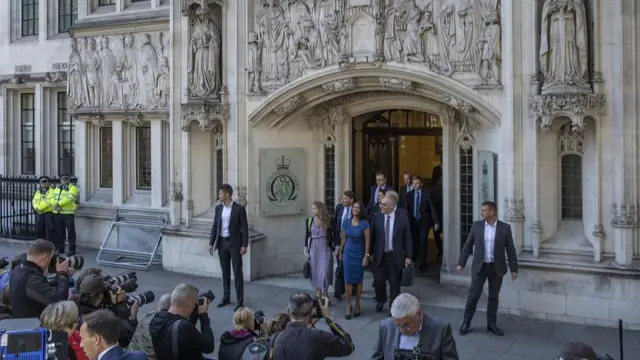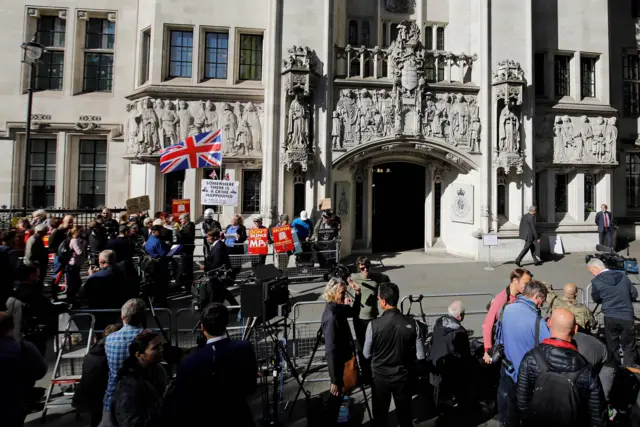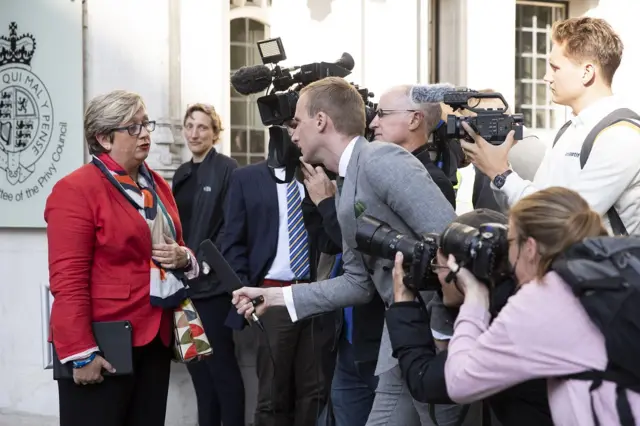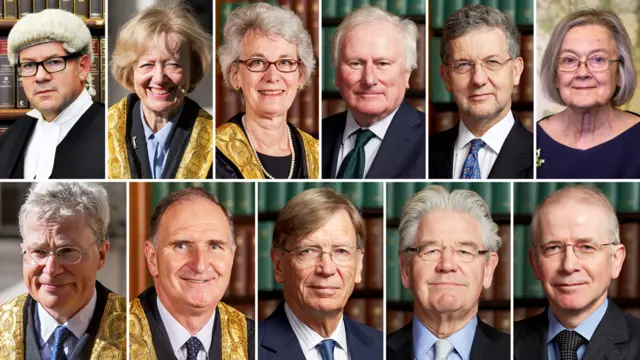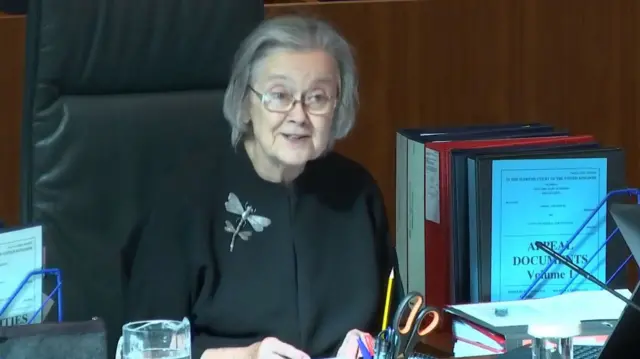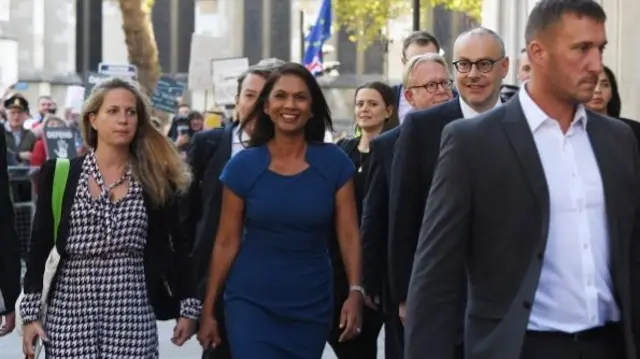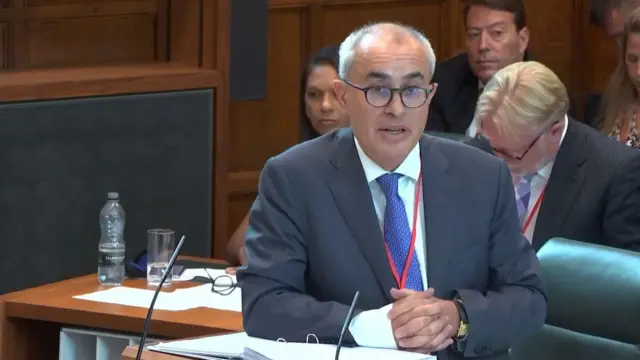Parliament suspension case 'a difficult question of law'published at 08:47 BST 18 September 2019
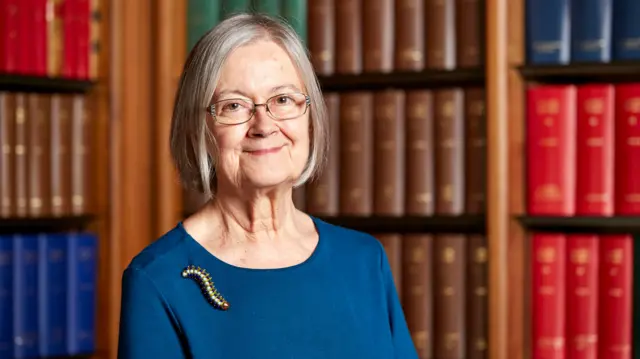 Image source, PA Media
Image source, PA MediaOn day one, Lady Hale, the most senior judge in the UK, said the case surrounding Boris Johnson's suspension of Parliament raises "a serious and difficult question of law".
In her opening statement, she said: "That this is a serious and difficult question of law is amply demonstrated by the fact that three senior judges in Scotland have reached a different conclusion from three senior judges in England and Wales."
She said the court would endeavour to address these questions, but would not determine "wider political questions" relating to the Brexit process or have any impact on its timing.
